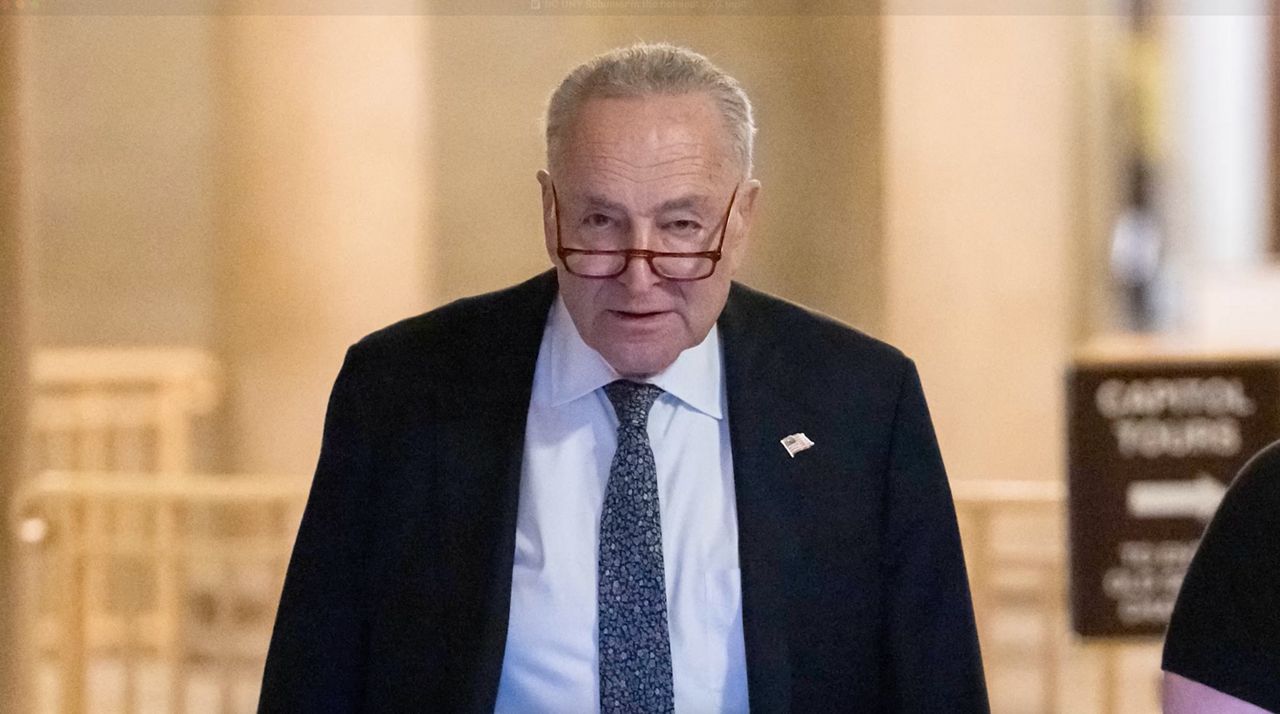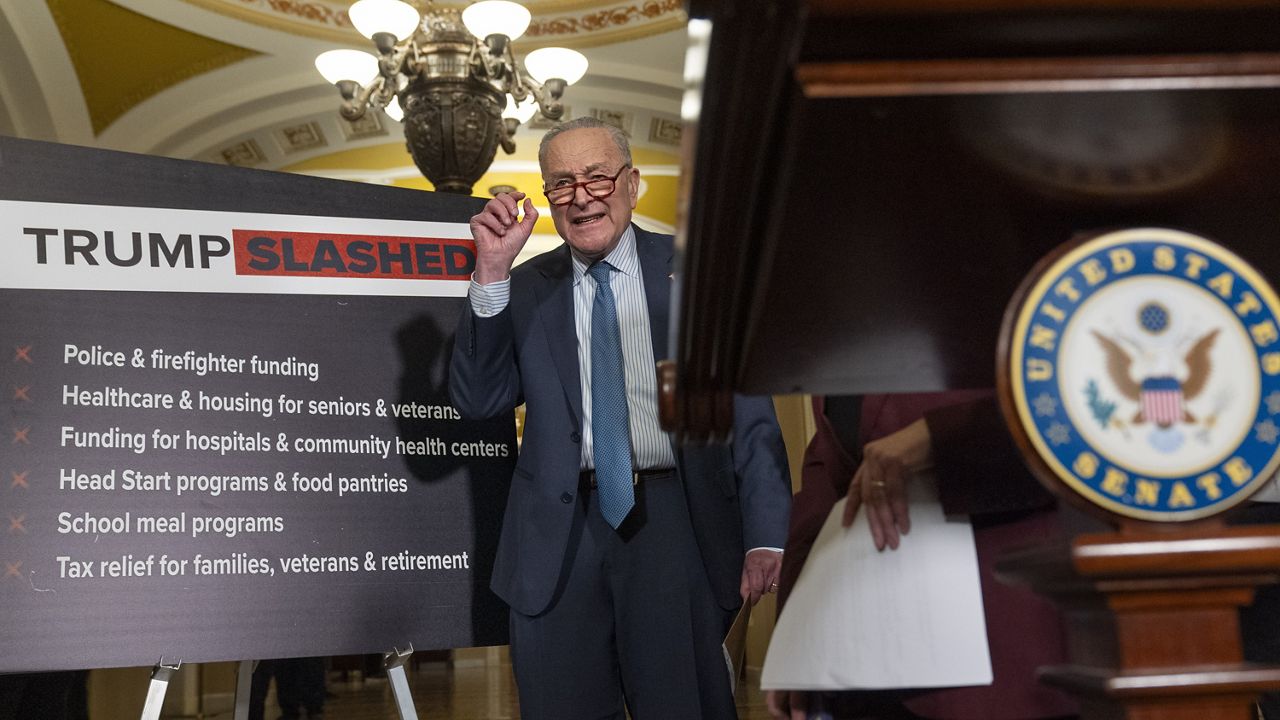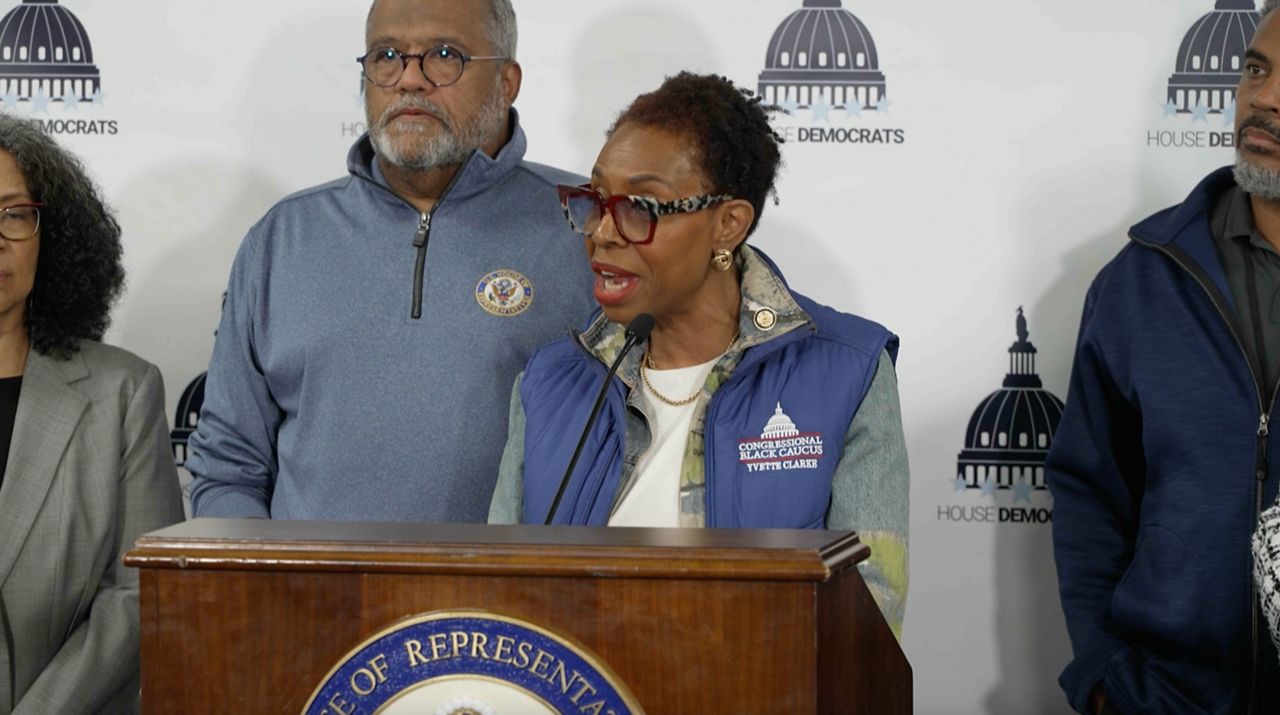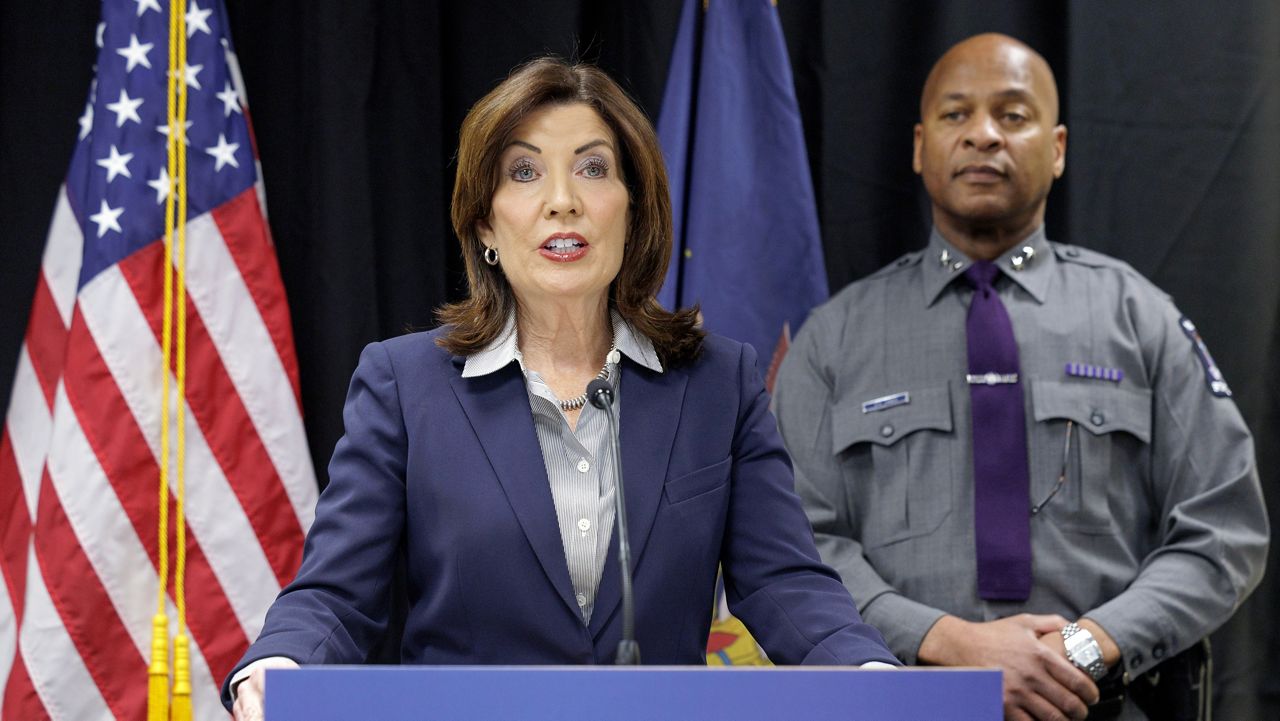Danny Arbeeny's father died in April at the height of the coronavirus pandemic in New York. Arbeeny remembers his dad as a man who would do anything for his neighbors.
"He was vivacious, strong, sharped minded," Arbeeny, a Brooklyn resident, said in an interview. "He was actually working working, 88-year-old man. He was always sitting on the stoop, always had a big smile, always helping people. They called him mayor of the block, president of the block. He was beloved."
His dad died at home, but almost certainly contracted the virus while in a nursing home.
Arbeeny since then has become an advocate for nursing home residents and their family members, wondering why it isn't a bigger issue in New York, where at least 6,500 residents have died during the pandemic.
Arbeeny's father is not included in that tally since he died at home and New York tracks those numbers separately. Health Commissioner Howard Zucker has said he would provide numbers reconciling those death tolls, but is yet to release the information publicly.
"Why isn't this a national tragedy?" he said. "Why aren't more people saying wow, oh my goodness, let's get to the truth, let's make sure we never do it again. I'm a citizen of this country, I'm a lifelong resident. My father was born, bred and raised right here in the same building I'm sitting in. He and the thousands of others deserve a voice."
Arbeeny is not happy with Gov. Andrew Cuomo's new book on the coronavirus pandemic, a 300-page behind-the-scenes narrative of the state's response.
"He's our leader. He's on TV every day," Arbeeny said. "And then to add insult to injury he writes about a book about it when I'm sorry our numbers, the facts, the science, don't follow that in way shape or form. Do he do some good things? Absolutely. But it's kind of weird."
Cuomo has said the book is meant to be a halftime assessment of where New York stands on the pandemic, not a victory lap as COVID-19 cases begin to rise in other parts of the country and "hot spots" form in parts of the state.
Cuomo has said the nursing home controversy was fueled by Republicans and Trump administration political operatives.
"It was cruel and mean because people who lost a person in a nursing home now have to hear well, maybe their life could have been saved if government had acted sooner," Cuomo said at a news conference on Sunday in New York City.
Critics have pointed to a March 25 order for nursing homes to take in COVID-19-positive patients. But the Department of Health in a report released in July pointed to asymptomatic staff bringing the virus into the facilities unknowingly.
"People died all across this country and in this state," he said. "People died in nursing homes because the virus preys on the old and the weak. We know that."
Nursing homes, congregate facilities that are home to physical vulnerable people, will be at risk even as health officials have learned more about halting the virus more effectively.
Other states have seen their nursing home COVID-19 caseload rise as the virus has spread across the country since first hitting New York.
"Unless you take a nursing home and put it in a hermetically sealed bubble," Cuomo said, "you can't stop the virus from spreading once it's in the American home."









